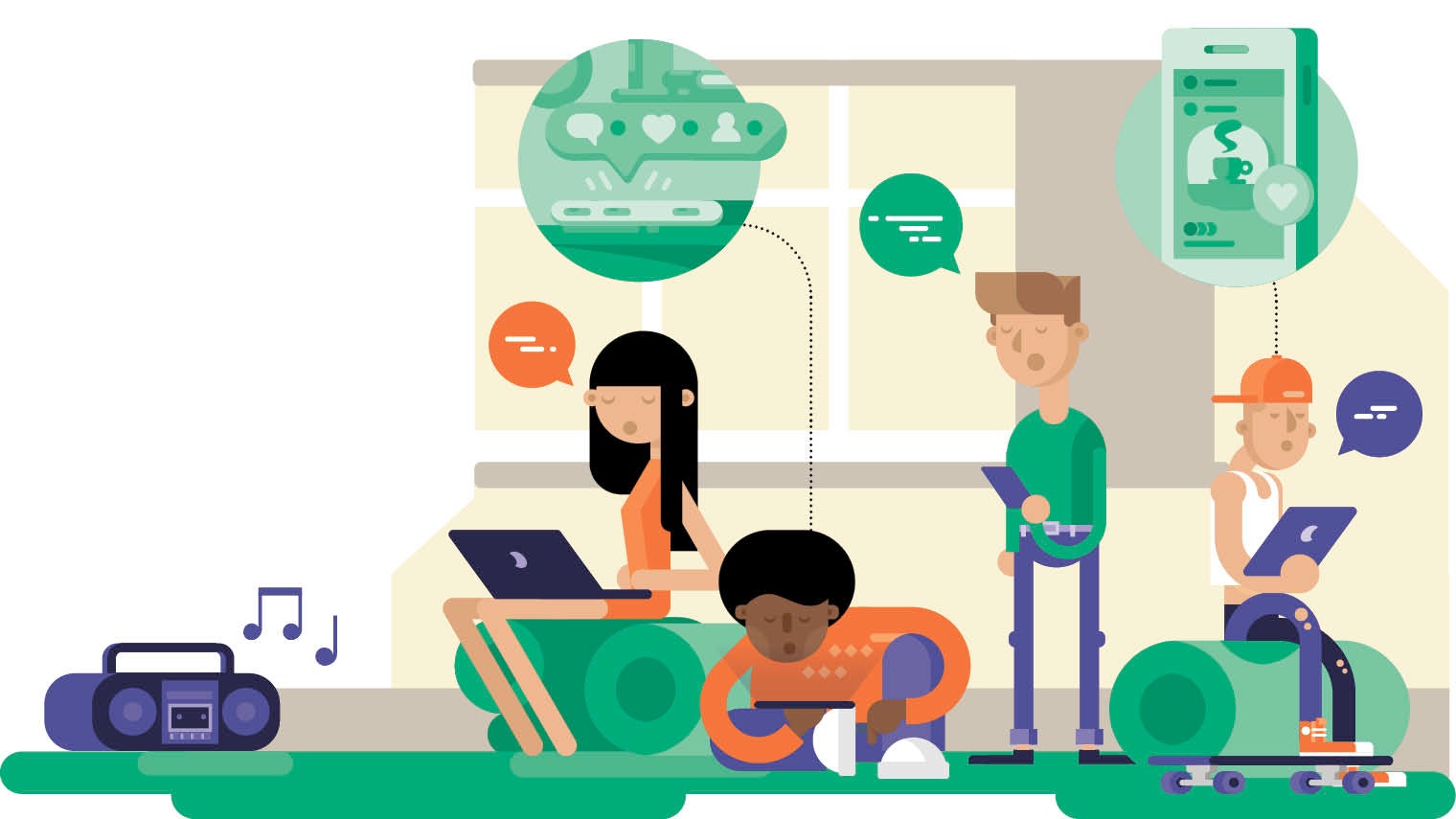OLDER GENERATION
This generation is said to have more disposable income than others and enjoys spending it, but that doesn’t make them a pushover in terms of winning their loyalty. Having experienced a significant disconnect between brand promises and customer experience, older customers are also more cynical.
“Life has taught them that the grass is rarely greener on the other side, so they are more hardened and less likely to switch suppliers unless pushed beyond the pale, especially with serious purchases such as banking or new cars,” says Ben Stephens, chief executive of customer engagement and acquisition agency STACK.
Human interaction is still a large part of creating loyalty to a brand for this group of consumers, while another notable characteristic of older customers, particularly among those in their seventies, is that managed well their hard-won loyalty has longevity.
More disposable income than others and enjoys spending it
“That loyalty isn’t won simply by brand equity or great advertising,” says Nik Margolis, managing partner at advertising agency Team Eleven. “It often requires more practical delivery of brand values. Take Wiltshire Farm Foods, for example, which has a fiercely loyal, older generation of consumers. Their drivers don’t just deliver frozen ready meals, they will often stack these meals in the freezer for the customer or stop for a chat.”
Clearly, this is a generation that needs action as much as words. “Demonstrate brand values, don’t just state them, and make them meaningful and utilitarian,” adds Mr Margolis. “Be grateful for the fact that once earned, the loyalty of this customer is fierce and they are often vocal in their evangelism for the brands they love.”

MIDDLE AGES: BABY BOOMERS AND GENERATION X
Those deemed to have reached middle age are, on the whole, likely to be well established in both their careers and their personal lives, and probably feeling confident about their financial lives as well.
As consumers, they are reluctant to try new brands and prefer to stick with what they know and trust, and are prepared to pay over the odds for them. For organisations trying to capture a bigger slice of middle-aged consumer loyalty, they need to focus on winning that trust by building relationships with them. Key to retaining the loyalty of customers in this age group is consistently offering high-quality products and excellent customer service.
Well established in both their careers and their personal lives
Like the older generation, they tend to be discerning and experienced in life, therefore false tactics are highly unlikely to work with them. “Testimonials and soft-sale tactics, such as networking, are the best way to interact with this age range and ensure they stay loyal to you,” says Steve Pritchard, marketing consultant at mobile telephone network giffgaff.
Another trend that has emerged in recent years is for people to put their career first and family later. As a result there are now more middle-aged parents of younger children. At the same time, this generation is starting to experience the first physical signs of ageing.
“Consumers from this age group are significantly more likely to have a small child with them and therefore to be shopping for small children,” says Philip Adcock, a commercial psychologist and author of Master Your Brain. “With fading eyesight, they are also less able to read trendy ‘intricate’ small product information and smaller price tickets.”

YOUNG ADULTS: MILLENNIALS AND GENERATION Z
The millennial era is proving to be something of a rollercoaster ride for organisations chasing customer loyalty. Millennials have been described as the best-educated generation in history, so organisations that want to secure their loyalty should focus on content marketing that utilises the latest technology, particularly social media, as the essential way to interact and communicate with them.
While this younger audience can be loyal, it tends to be on a shorter-term basis. Extremely promiscuous in their brand preferences, millennials increasingly expect more from brands in return for their brief loyalty.
Best-educated generation in history
“They also demand a more personalised experience,” says Team Eleven’s Mr Margolis. “Whether that’s Nike’s ID products or the tailoring of many of today’s recipe-to-home brands, where once we sought to self-select, the expectation among millennials is that brands will learn from their purchase history, to anticipate their wants and deliver to their needs.”
Millennials, more than any other generation, indicate that programmes have an explicit impact on product selection and overall spend. But as Emily Collins, senior analyst at Forrester, points out, what works for middle-aged and older consumers is not enough to satisfy the rising tide of millennial customers.
“While all customers are interested in discounts, millennials are also more likely to expect an enhanced customer experience and flexibility when it comes to reward redemption. Consumers today are more fickle than ever making loyalty harder than ever for brands to earn,” she says.
If they are to respond effectively to the needs of this complex generation, organisations need to embrace the digital communications revolution as the route to future loyalty.

CHILDREN: TOMORROW’S TEENAGERS
For their very youngest consumers, children up to the age of ten, companies not only have to understand their current needs, but also how they might have changed in another ten or fifteen years’ time and work at securing future loyalty now.
James Harmer, planning director at Touch Packaging Innovation, says: “The thing to remember when aiming for brand loyalty in young children is their tendency to prefer the familiar and shy away from the new or unknown, so building loyalty is even more important for this young target audience.”
However, as they go through adolescence and gain independence, what they care about can change quite dramatically, as David Arnott, principal teaching fellow in marketing at Warwick Business School, explains: “A childhood love of and loyalty to a brand like Petits Filous, for example, dissipates and virtually disappears by the age of 15.
Prefer the familiar and shy away from the new or unknown
“Rather than trying to second-guess their future desires, companies need to track how they interact with communication technologies to reach them with appropriate messages as and when their brands become relevant to their lives.”
Many experts believe that the concept of customer loyalty will change completely for the next generation. A report by digital marketing consultancy Amaze, which followed a group of ten to fifteen year olds for five years, reveals that it is being shaped by how they view the use of their data.
Chief strategy officer at Amaze, Alex Comyn says: “They are happy to hand over personal data in return for something meaningful that really adds value and makes life more convenient. The next generation aren’t that interested in free coffee refills, but will place greater value on being fast-tracked to the front of the queue in their nearest coffee shop.”
OLDER GENERATION

MIDDLE AGES: BABY BOOMERS AND GENERATION X

